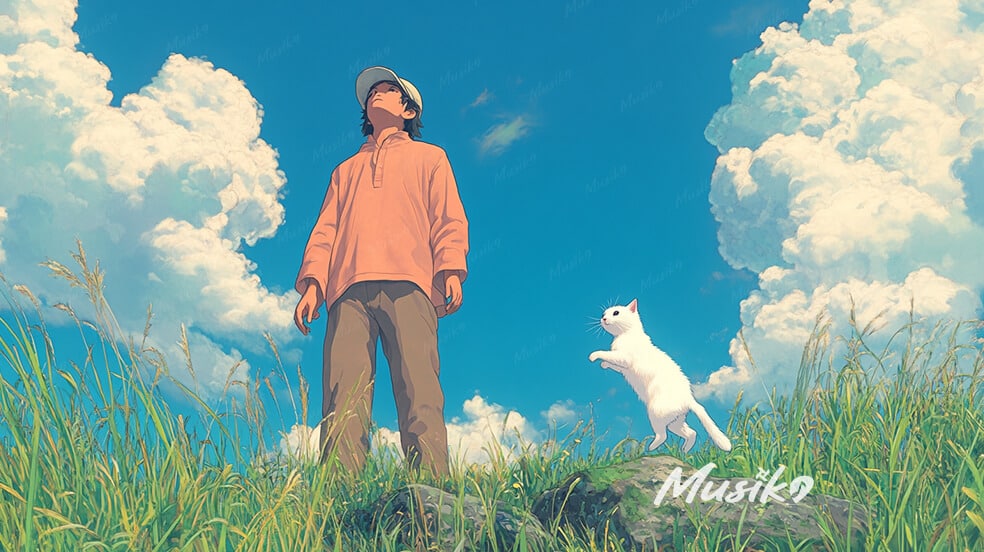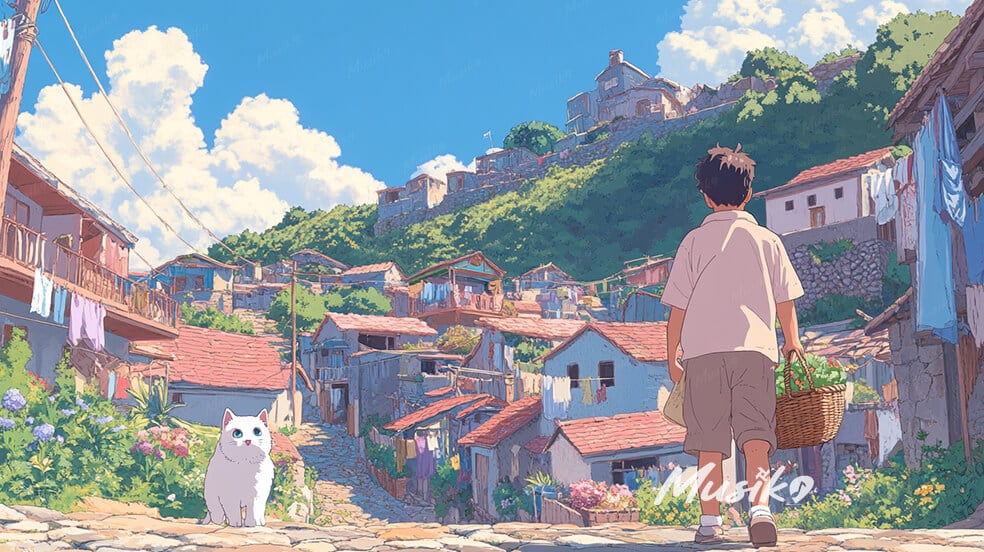Welcome to Basco, Batanes
Nestled in the northernmost frontier of the Philippines, Basco, Batanes is a dreamy escape that feels like stepping into a real-life painting. This quiet yet awe-inspiring capital of Batanes province is known for its rolling green hills, dramatic cliffs, charming stone houses, and a cultural identity as resilient as its iconic lighthouses. If you’re craving serenity, authenticity, and views that’ll make your heart skip, Basco is your paradise found.
🗺️ Landmarks That Touch the Sky
Start your journey with the Basco Lighthouse, a postcard-perfect structure standing tall over Naidi Hills with panoramic views of the sea and the lush Ivatan landscape. Nearby, Mount Iraya, a dormant volcano cloaked in mist and myth, offers hikes for the brave and sights for the dreamers. Don’t miss Valugan Boulder Beach, where volcanic rocks meet the wild Pacific in thunderous, cinematic waves.
📸 Must-Visit Tourist Spots
Basco is a launchpad to the wonders of Batanes. Ride a bike or tricycle through picture-perfect roads toward Marlboro Country (Racuh A Payaman), a breathtaking pastureland where cows graze against the backdrop of endless sky and sea. Visit Vayang Rolling Hills for panoramic sunset views, and drop by Dipnaysupuan Japanese Tunnel for a quick historical thrill. For the full local vibe, the Basco Town Plaza and Cathedral serve as the heart of community life.
🧶 Culture Woven in Stone and Soul
Basco is home to the Ivatan people, a deeply rooted ethnic group known for their strength, simplicity, and craftsmanship. Traditional stone houses with cogon-thatched roofs still stand today—designed to endure the fiercest typhoons. Their sense of bayanihan (community spirit) and deep respect for nature are reflected in everyday life.
🍠 Flavors of the Far North
Taste the soul of Batanes in every bite. Try Uvud balls (banana pith and pork), lunis (Ivatan-style adobo), and venes (dried flying fish). Root crops like sweet potato and yam are staples. Looking for something sweet? Don’t skip turon Ivatan, made with local ingredients and extra love.
🎉 Festivals That Celebrate Heritage
The Vakul-Kanayi Festival is a colorful celebration held every May, honoring Ivatan identity, featuring cultural dances, boat races, and the symbolic wearing of vakul (headgear for women) and kanayi (vest for men). It’s the best time to witness traditions alive with music, joy, and pride.
🎶 Music of the Mountains and the Sea
Ivatan folk music, mostly vocal and percussion-based, reflects the rhythm of the land. Songs often tell stories of fishing, farming, and the sea. During local events, traditional instruments accompany dances passed down through generations. The vibe? Raw, rustic, and full of heart.
🌟 What Basco is Known For
- Dramatic landscapes and cinematic sunsets
- Stone houses and wind-swept hills
- Peaceful lifestyle and ultra-clean environment
- Resilient Ivatan heritage and warm hospitality
- Zero crime rate and zero stress life






